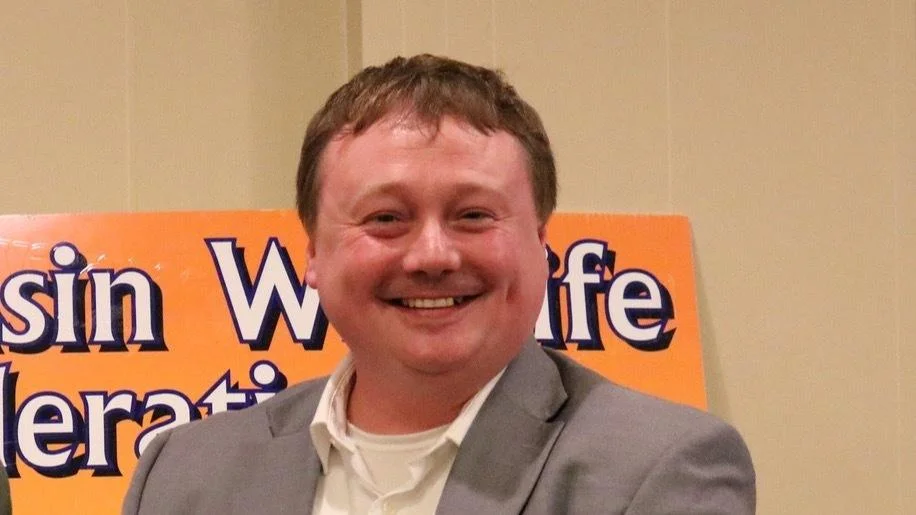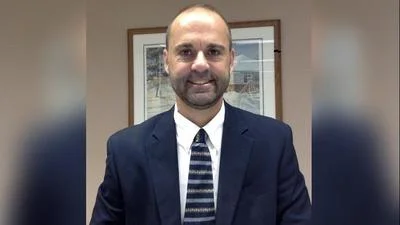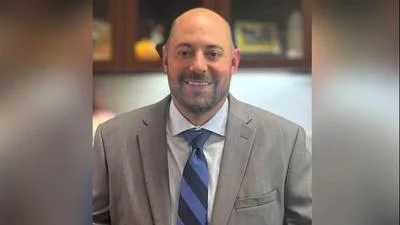Chanz Green, Wisconsin State Representative for 74th District | www.facebook.com
Chanz Green, Wisconsin State Representative for 74th District | www.facebook.com
According to the Wisconsin State Legislature's official website, the bill was described as follows: "prohibiting hotels, inns, and motels from discriminating against dog handlers who are accompanied by search and rescue dogs".
The following is our breakdown, based on the actual bill text, and may include interpretation to clarify its provisions.
In essence, this bill prohibits hotels, inns, and motels from discriminating against dog handlers accompanied by search and rescue dogs. It mandates these establishments to allow full and equal access to such handlers, provided the dog is identified with a harness or cape and is leashed. The bill bans charging higher rates or denying service based on the presence of a search and rescue dog. It does allow the establishment to verify the dog’s status and exclude the dog if it fundamentally alters the nature of the accommodation or jeopardizes safety. Handlers are liable for sanitation and damages caused by the dog. Policies must ensure that handlers are not separated from their dogs and are treated equally with other patrons.
The bill was co-authored by Senator Jesse L. James (Republican-23rd District), Representative Jeffrey Mursau (Republican-36th District), Representative Jerry L. O'Connor (Republican-60th District), Representative Jim Piwowarczyk (Republican-98th District), and Representative Angela Stroud (Democrat-73rd District). It was co-sponsored by Senator Van H. Wanggaard (Republican-21st District).
Chanz J. Green has co-authored or authored another 54 bills since the beginning of the 2025 session, with none of them being enacted.
Green graduated from Northwood Technical College.
Green, a Republican, was elected to the Wisconsin State Assembly in 2023 to represent the state's 74th Assembly district, replacing previous state representative Beth Meyers.
In Wisconsin, the legislative process starts when a senator, constituent, group, or agency proposes an idea for a bill. After drafting, the bill is introduced, numbered, and referred to a committee for review and public input. If approved, it moves through three readings and votes in both the Senate and Assembly. Once both chambers pass the same version, the bill goes to the governor, who can sign it, veto it, or let it become law without a signature. Only a small share of bills introduced each session ultimately become law. You can learn more about the Wisconsin legislative process here.
| Bill Number | Date Introduced | Short Description |
|---|---|---|
| AB238 | 05/02/2025 | Prohibiting hotels, inns, and motels from discriminating against dog handlers who are accompanied by search and rescue dogs |
| AB216 | 04/23/2025 | The amount and distribution of the real estate transfer fee, grants under the land information program, real property recording notification systems, and making an appropriation. (FE) |
| AB210 | 04/23/2025 | Changes to amount of, and criteria for designating recipients of, academic excellence higher education scholarships. (FE) |
| AB182 | 04/15/2025 | Changes to the low-income housing tax credit. (FE) |
| AB181 | 04/15/2025 | County forest administration grant eligibility |
| AB161 | 04/04/2025 | Governmental restrictions based on the energy source of a motor vehicle or other device |
| AB83 | 02/28/2025 | Governmental restrictions based on the energy source of a motor vehicle or other device |
| AB59 | 02/24/2025 | The use of federal capitalization grant funds for lead service line replacement. (FE) |
| AB9 | 02/06/2025 | Allowing representatives of certain federally chartered youth membership organizations to provide information to pupils on public school property |




 Alerts Sign-up
Alerts Sign-up